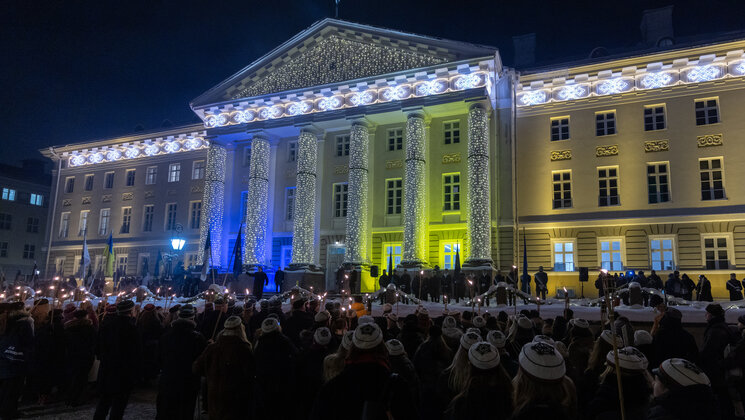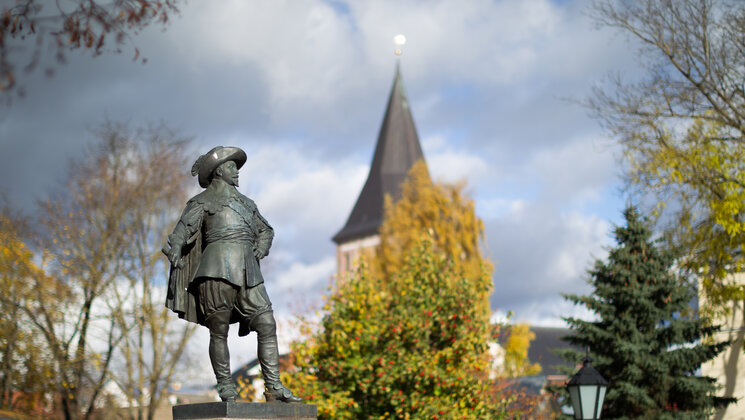
1–3 June 2018
General information
Deadline for submission of your topic and abstract is 15 January 2018. Abstracts should not be longer than 200 words and should be submitted to caemc@ut.ee.
There is no conference fee but those wishing to take part without a paper should register by e-mail due to space limits. If you need information on hotels and other practicalities, please contact the organisers at caemc@ut.ee.
Confirmed Keynotes
Prof. Karen Radner (University of München, Germany): "Assyrian imperial power and how to oppose it"
Prof. Lynette Mitchell (University of Exeter, UK): "The politics of power: the rise and fall of the Deinomenid dynasty in fifth-century Sicily"
Conference description
Power building and maintenance of power has been a central issue in human society, and understanding this is crucial for comprehending the functioning of any socio-political unit. As the actual power-holders usually form a tiny minority, the obvious question would be what makes the others comply, often perhaps at the expense of their own interests and welfare. What means do the power-holders (leaders, rulers, monarchs) have for building up, enhancing, and maintaining their position and identity? Why and on which conditions are the people loyal to them, either the other members of elite, or the commoners constituting the majority of population? And why do the rulers sometimes fail in assuring the compliance? What are the chances for successful opposition? And on which conditions does this lead to the change of social or political structure instead of simply replacing one ruler or ruling group by another?
These problems involve social framework and political institutions, the relations between centre and periphery, but also moral code and power ideology closely tied to religion. The answers are bound to be essentially different in the variety of the early civilisations, states and societies developing in the Near East and Mediterranean region.
We expect case studies as well as comparative approaches, concerning the societies from Iran to the Mediterranean, from the emergence of statehood to the Late Antiquity (pre-Islamic world). Preference will be given to papers contributing to the understanding of the mechanisms of power.
Organizing committee
|
Mait Kõiv, Urmas Nõmmik, Vladimir Sazonov, Ivo Volt |
Research Center of Ancient Near Eastern and Mediterranean Cultures, University of Tartu, Estonia |



